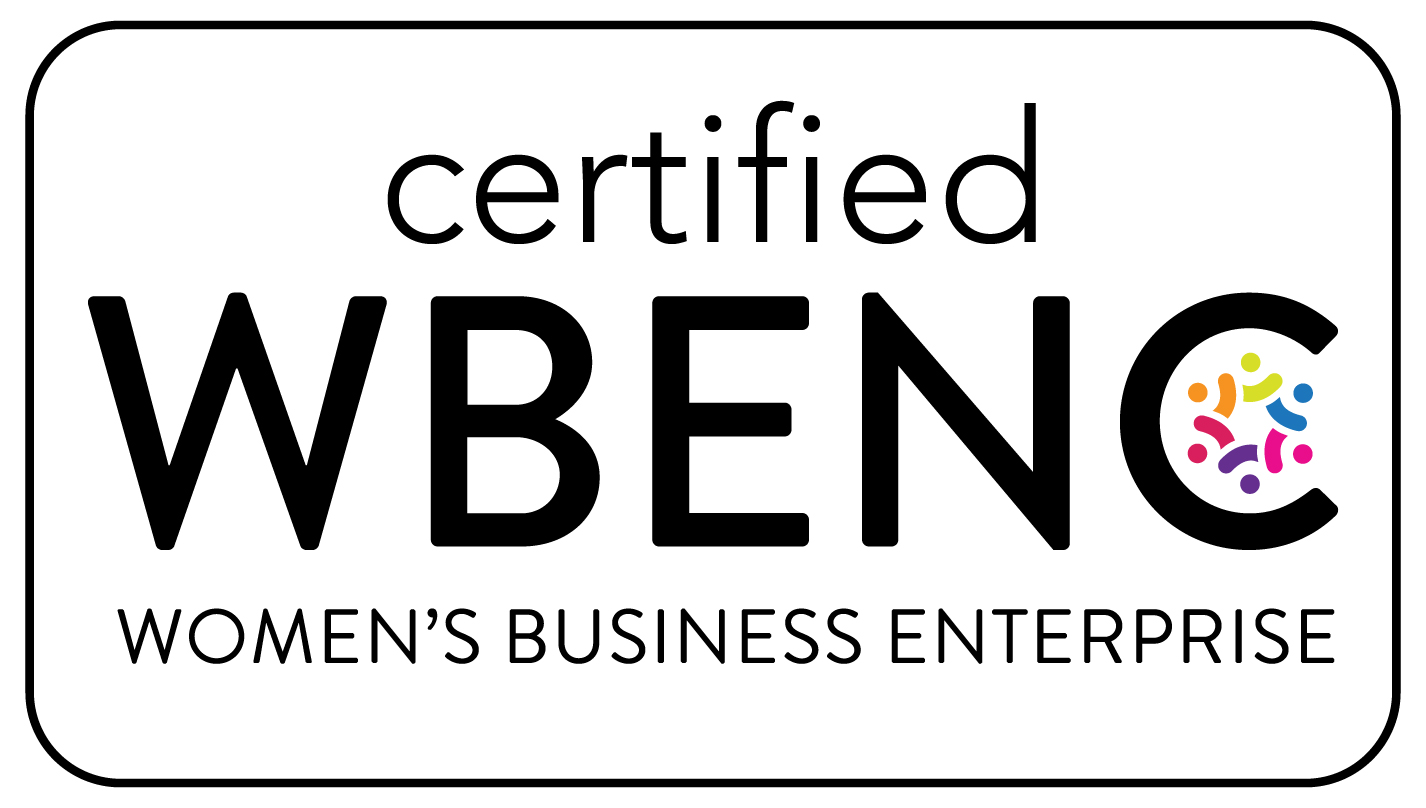Dental Service Organizations (DSOs) continue to gain popularity in the US. Stock Legal has been working in the DSO space since the inception of the firm, and we’ve shared some information and advice with you about building a DSO here.
There’s an important “why” behind the formation of a DSO. Most states have what is known as the “Corporate Practice of Medicine” doctrine, which prohibits anyone who is not a licensed physician or dentist from owning a practice. These laws were put in place to protect the medical field, and stem from the 19th century when doctors were competing with unlicensed doctors for business. The doctrine aims to promote physician autonomy in medical decisions, to separate profit-seeking employers from medical care, and to prevent the commercialization of the medical field.
That said, states do allow non-doctors/dentists to own a service organization that handles the administrative tasks of running dental practices. A DSO can handle all of the back office or non-clinical support, such as payroll, billing, accounting, collections, marketing, information technology, management, etc. However, a DSO cannot be involved in any of the clinical activities, such as patient evaluations, diagnosis and treatment, patient records, clinical protocols, or hiring, training and terminating of dental professionals.
To build the DSO structure, first Stock Legal creates the DSO entity, which can have one member or many members. The DSO then enters into a services agreement with the clinic or clinics that it serves (that are typically owned by one or more dentists). Additionally, the DSO can offer incentive equity to associates as a way to align incentives to scale.
The DSO model applies to other professional practices as well. In many states, the Corporate Practice of Medicine doctrine also applies to veterinarians, optometrists, physical therapists, and chiropractors, among others. Thus, a non-veterinarian cannot own a veterinary clinic in most states. However, using a DSO-type model, non-licensed professionals could have ownership in the back-office entity servicing a veterinary clinic or a physical therapy clinic.
Stock Legal can help you create an entity like a DSO for your specific business needs.
Often the first step in building out the DSO model is creating the DSO entity. The good news is that a DSO entity looks a lot like any other entity, and you can find more information about those on previous blog posts on the creation of organizational documents for LLCs and corporations. The steps to creating a DSO from a legal perspective are outlined below to give you a sense of the process.
Step 1– Introductory call with Stock Legal: We spend that time learning about your business, goals, and growth strategy.
Step 2– Engage Stock Legal: If we are doing fixed fee work for you, we will send as an attachment to our standard engagement letter a Schedule of Services breaking out the fixed fee services and set price. You may also choose to work with us at an hourly rate.
Step 3– Draft documents: We start working with you (in person or by video) to build out your DSO structure. That basic DSO structure often consists of: 1. DSO Entity Organizational Documents; 2. Services Agreement; 3. Employment Agreement and 4. Award Agreement. We can work in parallel on all these documents (and typically do). The professionals involved in this process include your lawyer, your accountant (ideally familiar with DSOs) and your transaction advisor.
Step 4– Finalize the DSO structure and associated agreements: Once we have customized each of these agreements to your specific needs and structure, we finalize them and send them to you for signature.
Reach out to Stock Legal to learn more about these business structures and how you can utilize them to grow and expand your business!










